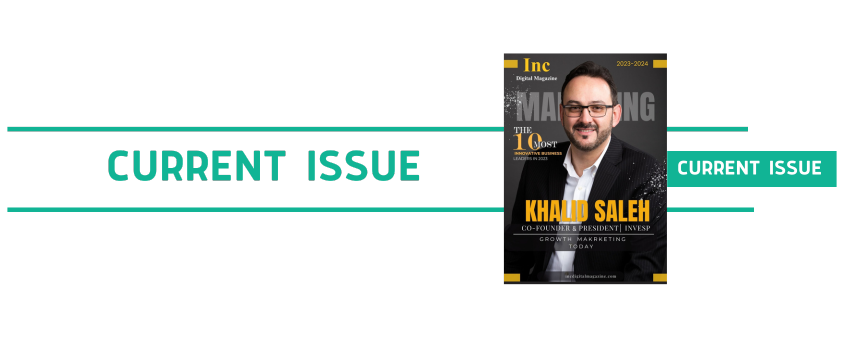Navigating the Remote Work Revolution: Balancing Challenges, Reveling in Benefits, and Charting the Future of the Workplace.
The past few years have witnessed a seismic shift in the way we work, with the growing trend of remote work reshaping the traditional concept of the workplace. As technology continues to evolve, the benefits and challenges of remote work have come to the forefront, prompting a reevaluation of how we define productivity, collaboration, and the future of work.
Challenges: Navigating the New Normal
While remote work brings about a plethora of advantages, it is not without its challenges. One of the primary hurdles is the struggle to maintain work-life balance. The blurring of boundaries between professional and personal spaces can lead to longer working hours and increased stress. Isolation and feelings of disconnection from colleagues are also common challenges, impacting not only teamwork but also the overall well-being of remote workers.
Security concerns and the potential for a digital divide are additional hurdles. As organizations transition to cloud-based solutions and remote communication tools, ensuring the security of sensitive information becomes paramount. Simultaneously, addressing disparities in access to technology and a stable internet connection is essential to prevent remote work from exacerbating existing inequalities.
Benefits: Embracing the Flexibility and Productivity Surge
Amidst the challenges, the benefits of remote work have become increasingly apparent. The flexibility to choose one’s workspace and schedule has empowered individuals to tailor their work environment to their preferences, fostering a sense of autonomy and satisfaction. Reduced commute times not only contribute to a smaller carbon footprint but also grant individuals more time for personal pursuits and family.
Productivity gains have surprised skeptics, with many employees reporting heightened focus and efficiency when working remotely. The elimination of workplace distractions, coupled with the ability to design a personalized and comfortable workspace, has translated into tangible benefits for both employees and employers.
The Future of the Workplace: A Hybrid Evolution
As we navigate the evolving landscape of work, the future of the workplace appears to be hybrid. Organizations are recognizing the need to strike a balance, offering flexibility while maintaining a sense of connection and collaboration. The hybrid model envisions a dynamic blend of in-person and remote work, leveraging the advantages of both to create a more adaptable and resilient workforce.
In conclusion, the growing trend of remote work reflects a profound transformation in how we approach professional life. By acknowledging and addressing the challenges, embracing the benefits, and envisioning a hybrid future, we can navigate this remote work revolution with resilience and optimism, shaping a workplace that prioritizes both productivity and employee well-being.

